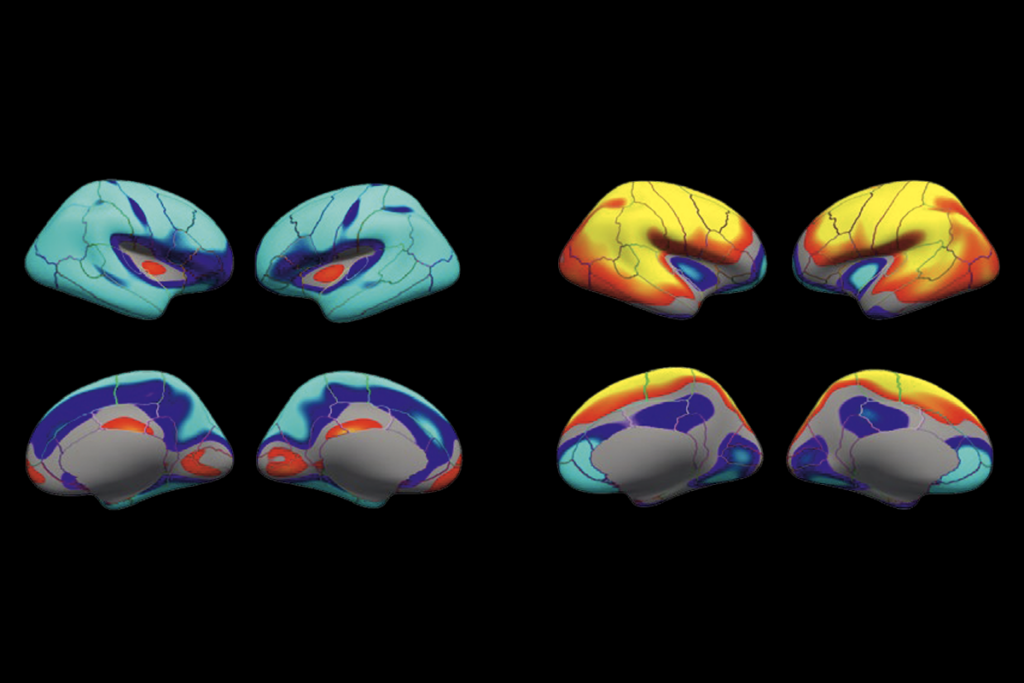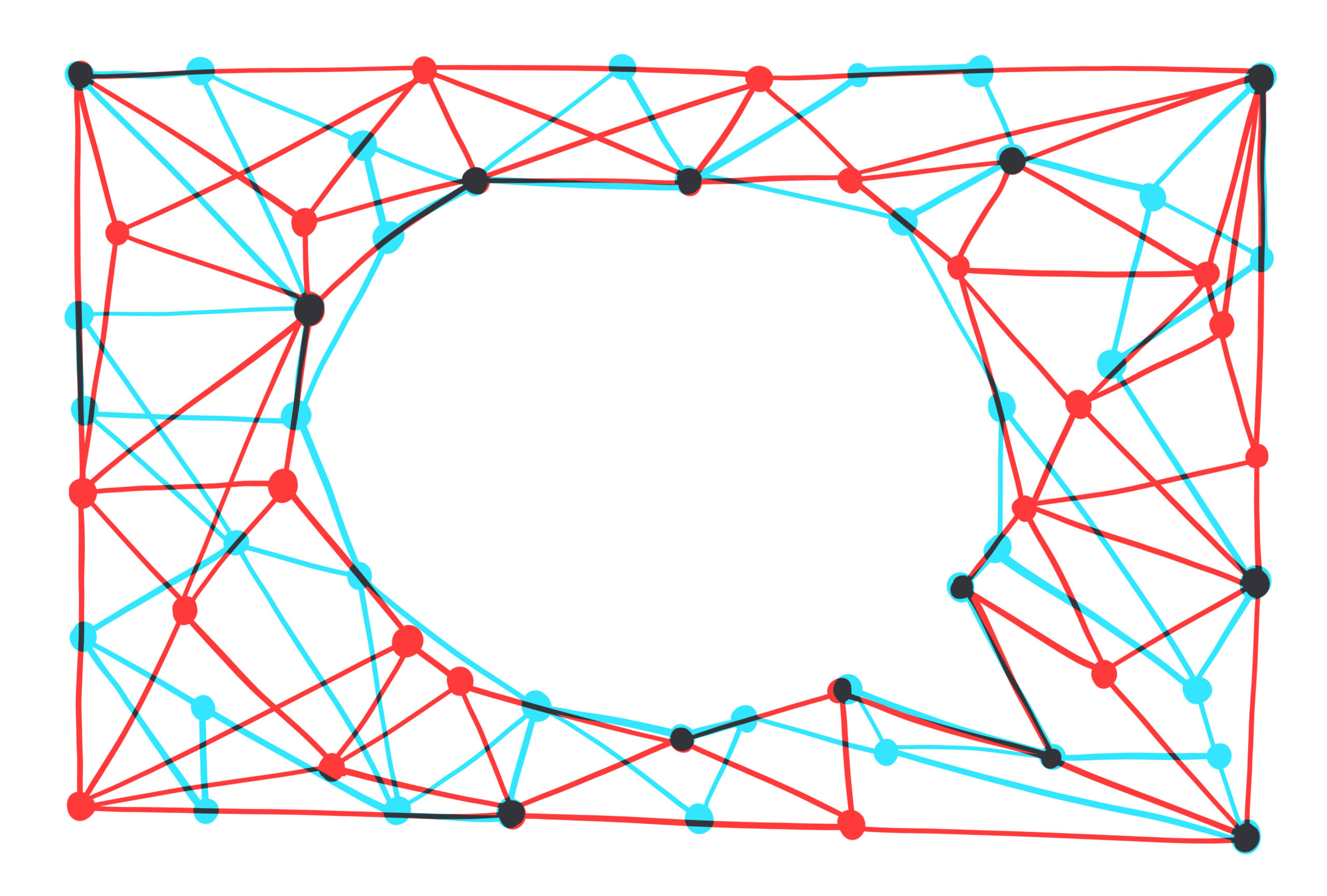Bias
Recent articles
Poor image quality introduces systematic bias into large neuroimaging datasets
Analyses that include low-quality MRI data underestimate cortical thickness and overestimate cortical surface area, according to new findings from the Adolescent Brain Cognitive Development (ABCD) Study.

Poor image quality introduces systematic bias into large neuroimaging datasets
Analyses that include low-quality MRI data underestimate cortical thickness and overestimate cortical surface area, according to new findings from the Adolescent Brain Cognitive Development (ABCD) Study.
Community newsletter: Autism acceptance training and autistic driver research
Twitter had a lot to say about a study suggesting that autistic drivers have similar or even slightly lower rates of vehicle crashes.

Community newsletter: Autism acceptance training and autistic driver research
Twitter had a lot to say about a study suggesting that autistic drivers have similar or even slightly lower rates of vehicle crashes.
Explore more from The Transmitter
Astrocytes orchestrate oxytocin’s social effects in mice
The cells amplify oxytocin—and may be responsible for sex differences in social behavior, two preprints find.

Astrocytes orchestrate oxytocin’s social effects in mice
The cells amplify oxytocin—and may be responsible for sex differences in social behavior, two preprints find.
Neuro’s ark: Spying on the secret sensory world of ticks
Carola Städele, a self-proclaimed “tick magnet,” studies the arachnids’ sensory neurobiology—in other words, how these tiny parasites zero in on their next meal.

Neuro’s ark: Spying on the secret sensory world of ticks
Carola Städele, a self-proclaimed “tick magnet,” studies the arachnids’ sensory neurobiology—in other words, how these tiny parasites zero in on their next meal.
Autism in old age, and more
Here is a roundup of autism-related news and research spotted around the web for the week of 2 March.

Autism in old age, and more
Here is a roundup of autism-related news and research spotted around the web for the week of 2 March.